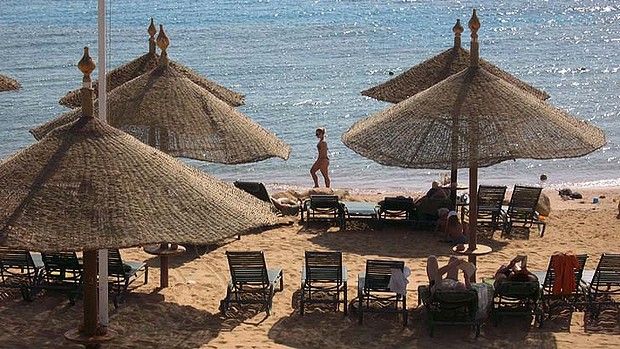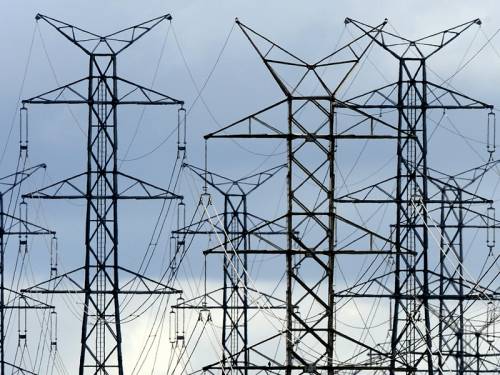
Economic and financial consulting firm Dcode estimated that Egypt will receive between $5.5bn and $6bn in aid from Gulf countries in 2014, according to the latest report published by the company.
The company stated: “If [Gulf inflows] materialise, [they] would be mainly in the form of project financing and fuel supplies at no or preferential cost.”
In its report titled “Egypt’s BOP in Q1 2012/14: Performance Highlights”, the company stated that it expects the Balance of Payments (BOP) to record a surplus of around $3bn in the 2013/2014 fiscal year (FY) in light of the exceptional levels of Gulf inflows.
Dcode added that the restrained non-oil trade balance along with robust remittances and the slight recovery in foreign investment inflows, both direct and portfolio, will attribute to the BOP surplus.
“We also estimate the external debt stock to increase by around $2.5bn during the first half of the 2013/14 FY, despite a decline in short term debt levels as well as healthier debt service indicators,” the report read.
With regards to the BOP performance during the first quarter of FY 2013/2014, the report pointed out that the government’s foreign expenditure continued to surpass receipts; the realised deficit registered $0.3bn, compared to $0.13bn during the same period last year.
The private transfers, mainly remittances transferred by Egyptians living abroad, declined on an annual basis by 17% to reach $4bn, compared to $5bn recorded during the same period the preceding year.
The report added that the 65% annual decline in the tourism balance negatively affected the BOP. During the first quarter of 2012/2013, the net inflows from tourism were $2bn.
The report indicated that among the positive developments witnessed was the realisation of a lower oil trade deficit, which recorded $0.17bn, compared to $0.5bn the preceding year. The transportation balance, which includes Suez Canal receipts, also improved on an annual basis by 15%, recording a surplus of $2.1bn.
According to the report, the slight improvement in the net inflow of foreign direct investment (FDI), which recorded a surplus of $1.2bn, can be attributed to the pickup in net inflows into the oil sector, which grew by 44% year on year.
Regarding the surplus acquired in net portfolio investments, the report stated that the $1.3bn in surplus was due to the purchase of government bonds by foreigners, which were worth almost $1bn, and, albeit on a smaller scale, the net purchase behaviour of foreigners and Arabs in the Egyptian stock market.
“Despite deteriorated security conditions and depressed economic activities associated with the curfew imposed July through September 2013, the non-oil trade deficit was fairly stable, recording a deficit of $7.5bn, compared to a deficit of around $7.3bn recorded last year,” the report said.

